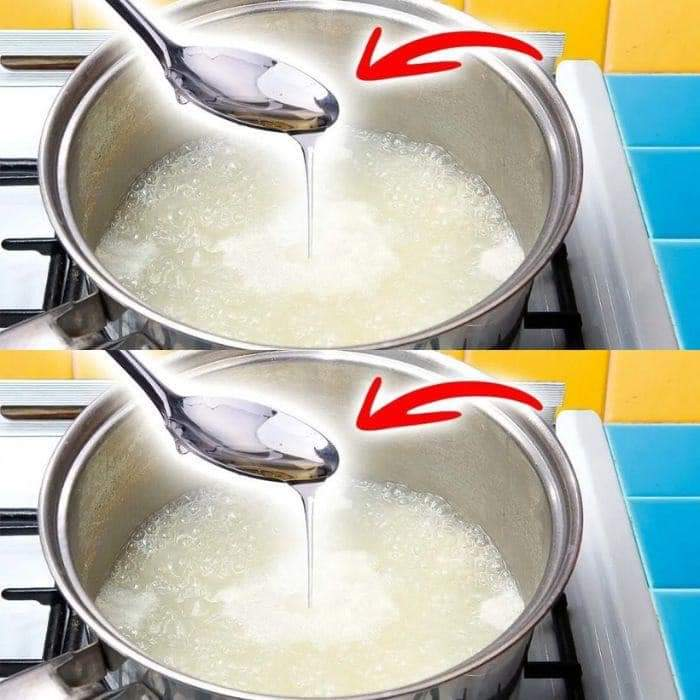ADVERTISEMENT
3. Extends Shelf Life of Cooked Rice
If you’re someone who cooks rice in batches for meal prep, this tip is for you! Vinegar’s natural antibacterial properties help inhibit the growth of bacteria, which can spoil rice quickly when stored. By adding vinegar to the cooking water, you can extend the freshness of your rice, making it safe to eat for longer periods.
4. Reduces Stickiness in Sushi Rice
If you’ve ever wondered why sushi rice has that perfect balance of stickiness and separation, the secret lies in vinegar. Traditionally, rice vinegar is mixed into cooked sushi rice, but adding a little to the cooking water itself can start the process early. This technique makes the rice easier to work with while maintaining its texture.
5. Helps Preserve the White Color of Rice
Adding vinegar to rice cooking water can help keep white rice looking pristine. The acidity prevents the rice from yellowing or dulling, giving you a cleaner, more visually appealing dish. This is especially helpful when preparing rice for special occasions or presentation-focused meals.
How to Add Vinegar to Rice Cooking Water
What You’ll Need
- 1 cup of rice (any variety)
- 2 cups of water
- 1 teaspoon of vinegar (white vinegar or rice vinegar works best)
Instructions
- Rinse the rice under cold water to remove excess starch.
- Add the rice, water, and vinegar to a pot or rice cooker.
- Cook the rice as usual, either on the stovetop or in the cooker.
- Fluff the rice with a fork before serving and enjoy the improved texture and flavor.
Please Head On Over To Next Page
ADVERTISEMENT
